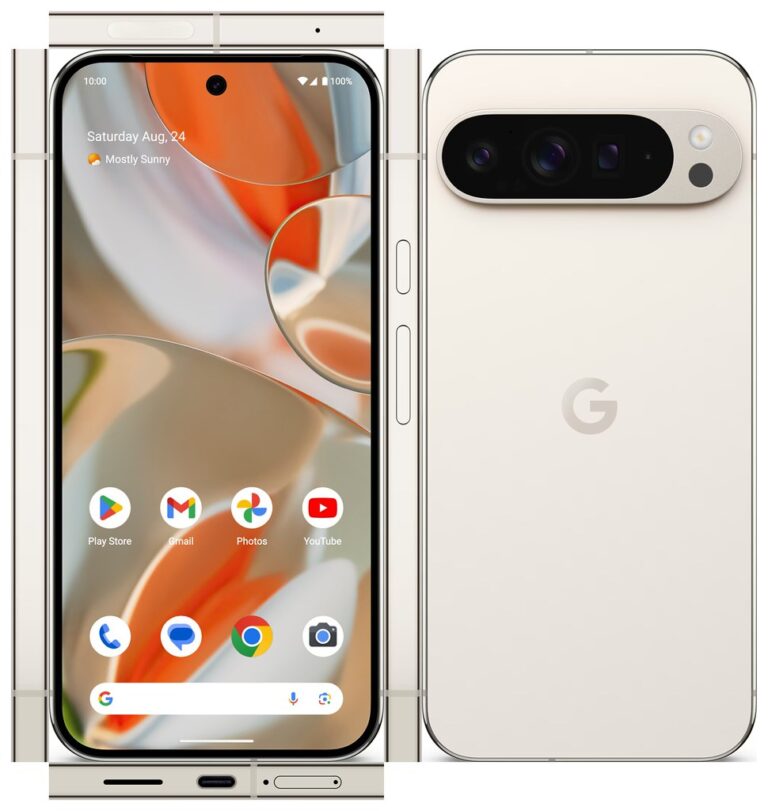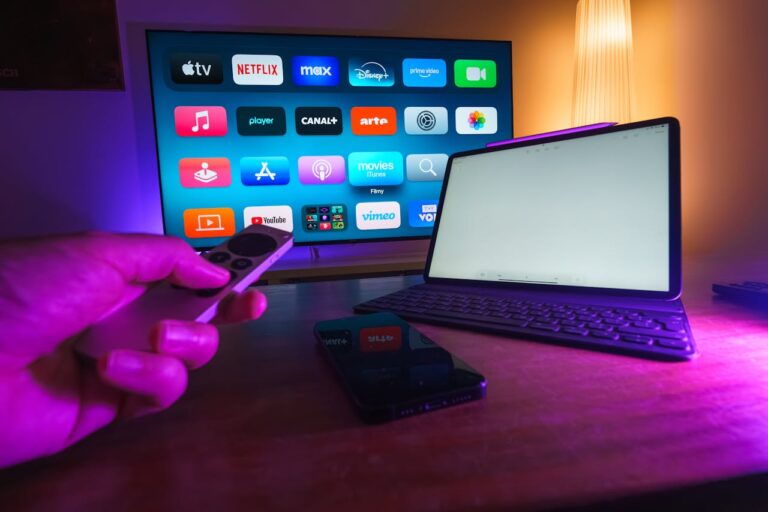Write Us: hello@ali5.org
Notion vs Obsidian in 2025 – Best for Notes, Ideas, or Chaos?
Notion vs Obsidian in 2025, best app for notes, knowledge management, and productivity? We compare features, flexibility, and usability to help you pick the right tool.

You’ve probably heard the same debate play out a dozen times: Notion or Obsidian? It’s the question that haunts productivity nerds, students, writers, and even casual note-takers.
Both apps have serious reputations in 2025. People swear by them. You’ll find endless Reddit threads, side-by-side comparisons on YouTube, and workflows that look like they were built for NASA.
But when you strip away the noise and shiny templates, the question still stands:
Which one actually makes sense for you and the way your brain works?
Let’s cut through the clutter and talk about what really matters.
Quick Look: Notion vs Obsidian
| Feature | Notion (2025) | Obsidian (2025) |
|---|---|---|
| Best For | Structured planning, group projects | Personal idea management, deep focus |
| Offline Access | Partially available | Fully offline, all data local |
| Interface | Sleek, visual, drag-and-drop | Minimalist, text-focused |
| Speed | Can slow down with large pages | Fast, even with thousands of notes |
| Customization | Templates and blocks | Plugin-rich, highly tweakable |
| Data Ownership | Stored on Notion servers | Saved as Markdown files on your device |
| Learning Curve | Beginner-friendly | Takes a little effort to master |
| Collaboration | Built-in and seamless | Not built for teams |
What’s New With Notion in 2025?
Notion’s evolved. It’s not just a doc-meets-database tool anymore. In 2025, it’s more like a full-blown digital operating system for your life.
It’s still the go-to option for structured thinkers, people who want a dashboard for their routines, goals, notes, projects, meal plans, and maybe their entire personality. Notion has continued polishing its look and feel, and now it includes AI helpers that can summarize notes, draft emails, or even auto-build pages based on prompts.
For many people, that’s incredibly helpful. For others, it’s just another layer to manage.
Where Notion Works Best
-
Templates for Days: Budget planners, project trackers, book journals, it’s all pre-built if you want it.
-
Everything Feels Connected: You can link a calendar to your habit tracker, embed notes into tasks, and pull it all into one tidy view.
-
Collaboration is Easy: You can leave comments, assign tasks, and work with others in real time without fuss.
-
Visual Thinkers Love It: If you want your notes and tasks to look good, Notion delivers.
But Here’s the Problem
-
Lag is Real: The more you pack into a Notion workspace, the more it starts to feel… sluggish.
-
Offline Access Is Still Iffy: Notion’s offline mode isn’t reliable enough if you work without consistent internet.
-
Cloud-Only Storage: You don’t own your data outright. If their servers go down, you’re stuck waiting.
Obsidian in 2025: Raw, Fast, and Built for Clarity
Obsidian takes a very different approach. No fluff, no dashboards, no templates unless you want to build them yourself.
Everything lives in Markdown files on your computer. It’s quiet, fast, and doesn’t care about looking pretty; it cares about helping you think clearly.
In 2025, it’s packed with plugin support. You can turn it into whatever you want: a task manager, a daily journal, a knowledge hub. But you’re in control. Nothing is handed to you on a silver tray, and that’s exactly why many people love it.
Why People Stick With Obsidian
-
Your Notes = Your Files: Everything is saved as simple text. Even if you uninstall Obsidian, your data is still usable.
-
Think in Links: Connect one idea to another. Over time, you build a web of thoughts that reflects how your brain actually works.
-
Customize Everything: Whether you want to track your habits or run a writing routine, you can build it from the ground up.
-
Fast, No Matter What: Even huge note vaults open instantly.
But Be Prepared
-
There’s a Learning Curve: If Markdown is new to you, or if you’re not comfortable tweaking settings, the early setup might feel frustrating.
-
Not Great for Teams: You can share notes, but it’s not made for collaboration.
-
It’s All Function, Not Flash: Don’t expect drag-and-drop dashboards or fancy animations.
Notion vs Obsidian: Which Handles Chaos Better?
This depends on what kind of chaos you’re dealing with.
Drowning in Tasks? Go With Notion.
You need an order. You want your week mapped out, your goals visible, your reminders popping up on time. Notion lets you design a system that gives you control. It’s perfect for students managing multiple classes, freelancers juggling clients, or anyone who needs to see the big picture.
Overflowing with Thoughts? That’s Obsidian’s Domain.
If your head is full of scattered ideas, interesting quotes, or random thoughts you can’t quite organize, Obsidian is where those things live best. Just drop them in and connect them later. No pressure. No structure. Just thinking.
So, Who Should Use What?
Let’s make this practical:
Students
-
Notion: For organizing schedules, keeping track of exams, and pulling everything into one clean dashboard.
-
Obsidian: For diving deep into concepts, making research notes, and building long-term understanding.
Writers, Creators, and Thinkers
-
Notion: Helps plan content calendars, track progress, and collaborate with editors or clients.
-
Obsidian: Great for idea dumping, character arcs, linking themes, and outlining long-form writing.
Professionals and Teams
-
Notion: Ideal for team wikis, shared goals, meeting notes, and project timelines.
-
Obsidian: Better for personal notes, internal documentation, or quiet brainstorming.
Personal Use
-
Notion: Plan your week, log habits, set goals, and track them all visually.
-
Obsidian: Journal your thoughts, reflect daily, or just keep a record of what’s on your mind.
Can You Use Both? 100%, Yes.
Lots of people do.
Use Notion for structure, plans, and group work.
Use Obsidian for your messy thoughts, your rough drafts, and your creative sparks.
They don’t cancel each other out. They serve different sides of your brain.
Final Verdict: What’s Better in 2025?
If you want something polished, visual, and shareable, Notion is the right pick. It’s a beautiful planner with a brain.
If you want something quiet, flexible, and completely yours, Obsidian wins. It’s like a digital garden where your ideas grow in all directions.
Here’s the truth: neither app will make you productive on its own. But the right tool will feel like a natural extension of how you already think, and that’s when the magic happens.







